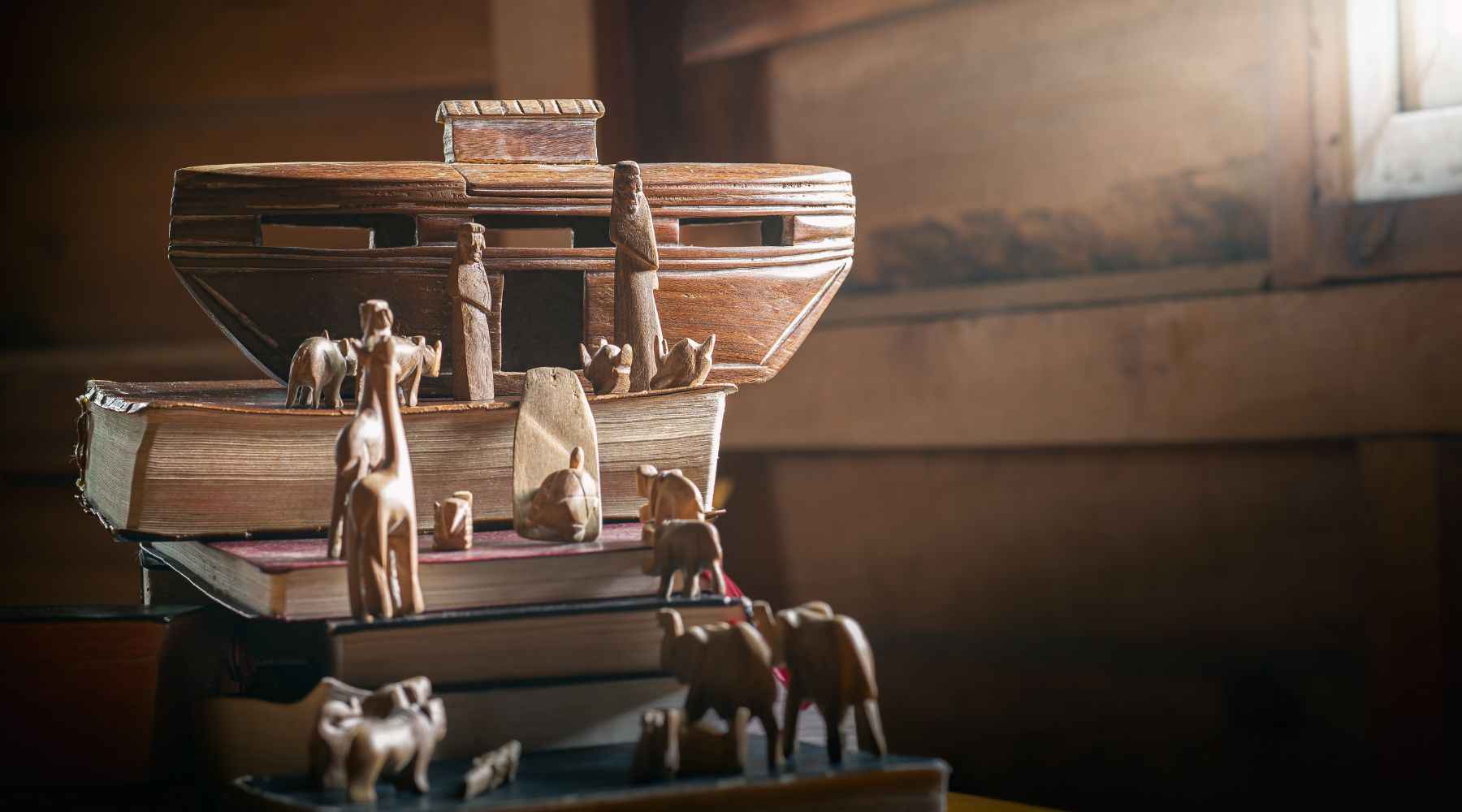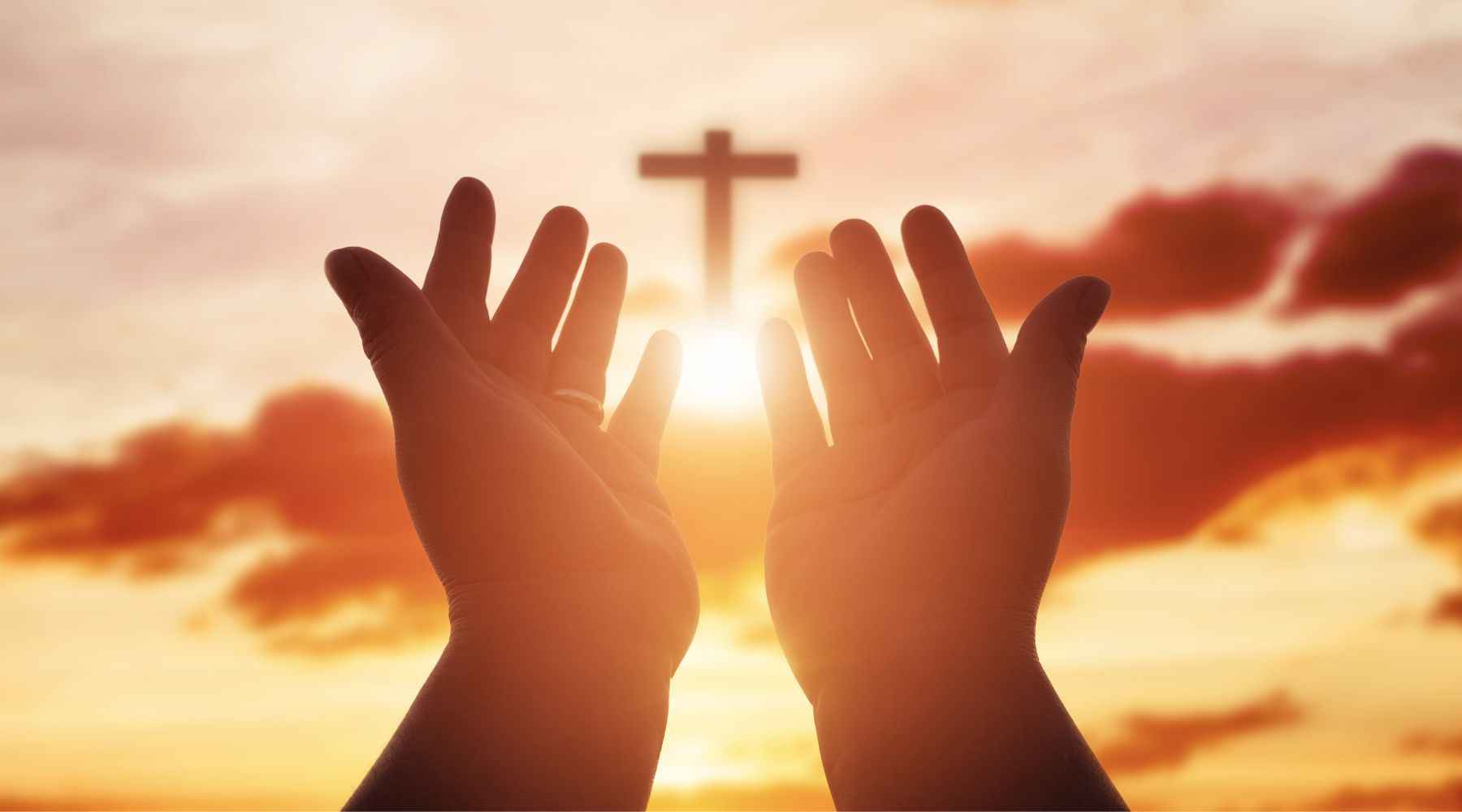
The Prophecies of Christ’s Birth: A Biblical Overview
The birth of Jesus Christ stands as one of the most significant events in human history. Christians worldwide celebrate this momentous occasion, not only because it marks the arrival of their Savior but also because it fulfills centuries of divine prophecy. The Old Testament is replete with predictions concerning the Messiah’s birth, intricately woven into its text, revealing the miraculous foreknowledge of God. These prophecies serve as a testament to God’s sovereignty and the unified narrative of the Bible, spanning centuries and diverse authors.
One of the earliest prophecies appears in Genesis 3:15, often called the Protoevangelium. In this passage, God speaks to the serpent, declaring enmity between it and the woman’s offspring. The promise of a future seed who would crush the serpent’s head is a shadow of Christ's ultimate victory over sin and death. This prophecy establishes the framework for understanding humanity's need for redemption and the Messiah's central role in God's plan.
Another crucial prophecy is found in Isaiah 7:14, where the prophet declares, “The virgin will conceive and give birth to a son, and will call him Immanuel.” This prophecy, written over 700 years before Christ’s birth, highlights the miraculous nature of the Messiah's arrival. The name Immanuel, meaning "God with us," emphasizes the divine presence and nature of Jesus, affirming that He was more than just a man—He was God incarnate.
Micah 5:2 foretells the Messiah's birthplace: “But you, Bethlehem Ephrathah, though you are small among the clans of Judah, out of you will come for me one who will be ruler over Israel, whose origins are from of old, from ancient times.” The specificity of Bethlehem as the birthplace underscores God’s precise orchestration of history. Despite Bethlehem’s obscurity, it became the stage for the most extraordinary event in history, fulfilling prophecy in a manner no human could orchestrate.
The lineage of Christ is another testament to fulfilled prophecy. Genesis 12:3 records God’s promise to Abraham: “All peoples on earth will be blessed through you.” This blessing points to the Messiah's universal significance, fulfilled through Jesus, a descendant of Abraham. Similarly, Isaiah 11:1 describes the Messiah as a "shoot from the stump of Jesse," signifying His Davidic lineage and His role as the rightful king of Israel.
The angel Gabriel’s announcement to Mary in Luke 1:26-38 ties directly to these ancient prophecies. Gabriel confirms that Jesus will inherit David’s throne and rule over Jacob’s descendants forever. This affirmation connects the New Testament narrative to Old Testament prophecy, emphasizing continuity in God's redemptive plan.
The prophecy in Numbers 24:17, which speaks of a star rising out of Jacob, finds fulfillment in the star that guided the Magi to Bethlehem. This celestial event demonstrates how God used creation itself to proclaim the birth of His Son. The Magi’s journey from the East also fulfills the broader theme of the nations coming to worship the Messiah, as foretold in Isaiah 60:3: “Nations will come to your light, and kings to the brightness of your dawn.”
Beyond geographical and genealogical details, the circumstances surrounding Jesus’ birth also fulfill prophecy. For instance, Hosea 11:1 states, “Out of Egypt I called my son.” This prophecy, fulfilled when Joseph and Mary fled to Egypt to escape King Herod’s massacre, demonstrates God’s providential care over His Son.
The massacre itself fulfills Jeremiah’s prophecy in Jeremiah 31:15, which laments Rachel weeping for her children. This heart-wrenching event underscores the reality of a fallen world while pointing to the hope and restoration found in Christ.
The timing of Christ’s birth aligns with the prophecy in Daniel 9:24-27, which outlines a timeline for the coming of the Anointed One. This detailed prophecy underscores the meticulous precision of God’s plan, revealing His sovereignty over human history.
Christ’s humble birth in a manger fulfills the Messianic theme of a servant king. Zechariah 9:9 describes the Messiah as lowly and riding on a donkey, reflecting the humility of Jesus’ life and ministry. His birth in such humble circumstances illustrates the upside-down nature of God’s kingdom, where greatness is found in service and humility.
The angels’ announcement to the shepherds in Luke 2:8-14 ties to prophecies of joy and peace brought by the Messiah. Isaiah 9:6-7 calls Him the "Prince of Peace," whose reign will establish justice and righteousness forever. The shepherds' inclusion underscores the Messiah's accessibility to all, from the lowliest to the greatest.
Simeon’s prophecy in Luke 2:25-35 also reflects fulfillment of the Messianic hope. Guided by the Holy Spirit, Simeon recognizes Jesus as the light for revelation to the Gentiles and the glory of Israel. This affirmation encapsulates the universal scope of Christ's mission.
Every detail of Christ’s birth fulfills God's promises and demonstrates His faithfulness. These prophecies affirm that Jesus is indeed the promised Messiah, the Savior of the world. They also invite believers to trust in God’s Word, confident that His plans will always come to fruition.
The prophecies surrounding Christ’s birth remind us of the unchanging nature of God’s promises, a theme that resonates with the daily lives of believers. Just as these ancient truths guide us, Christian apparel often serves as a modern expression of faith. Wearing Christian T-Shirts not only proclaims the message of hope but also sparks conversations about the Gospel, much like the shepherds’ proclamation of Christ’s birth.
Through prophecy, we see the importance of testimony in sharing God’s Word. In a similar way, wearing Christian Shirts creates opportunities to live out the Great Commission. These garments serve as visual reminders of the Messiah's fulfilled promises and our role in making Him known to the world.
In today’s culture, blending faith with daily life can inspire others. Accessories like God Shirts allow believers to reflect Christ’s love through their attire. This approach aligns with the angels’ joyous declaration to the shepherds, bridging ancient truths with contemporary expressions of faith.
For those seeking meaningful ways to share their beliefs, Christian Shirts become more than fashion statements; they’re tools of evangelism. Just as prophecy points to the Messiah, these shirts point to the hope found in Him.
God Shirts remind us of the unity among believers across generations. From the prophecies of old to the expressions of faith today, they connect us to a greater story the story of a Savior whose birth was foretold, celebrated, and continues to transform lives. Through every stitch, they embody the hope, peace, and joy heralded on that first Christmas night.



Leave a comment
This site is protected by hCaptcha and the hCaptcha Privacy Policy and Terms of Service apply.